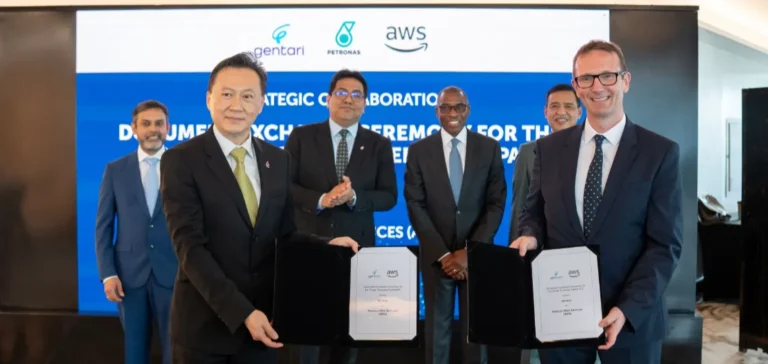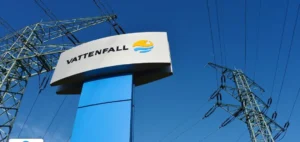The XKIG group, a recognised operator in critical infrastructure services for the electricity and gas sectors, has completed the acquisition of River City Construction, a fast-growing company active in the construction and maintenance of power, telecommunications and renewable energy networks. This operation strengthens XKIG’s expansion strategy in the US market while broadening its offering to both public and private stakeholders.
Strengthened regional presence and expanded customer base
Since its creation in 1975, River City Construction has expanded into six Mid-Atlantic states, including North Carolina, South Carolina, Virginia, West Virginia, Maryland and Delaware. The company works for major private operators, rural cooperatives and municipal services, highlighting the safety and operational quality of its interventions.
XKIG, already active in the market through its subsidiaries Xylem Tree Experts and Kendall Vegetation Services, shares several strategic clients with River City Construction. According to Randolph Hoover, Chief Executive Officer of XKIG, this acquisition aims to strengthen the group’s offer to regional power grids and to deliver more comprehensive solutions to the national market.
Integration prospects and synergies
The integration of River City Construction into the XKIG group is expected to accelerate the rollout of services in new territories and to pool technical and human expertise. Cindy Edwards, President of River City Construction, underlined the continued development of the company in a context of strong growth, while relying on the group’s safety and performance culture.
The transaction, for which the amount has not been disclosed, is part of a trend towards sector consolidation, meeting the growing demand for modernisation and interconnection of energy networks. XKIG thus confirms its intention to capitalise on the opportunities created by the evolving infrastructure needs across the United States.
The expected synergies between River City Construction and other XKIG subsidiaries should enable resource optimisation as well as better responses to the technical and regulatory requirements of the market.






















